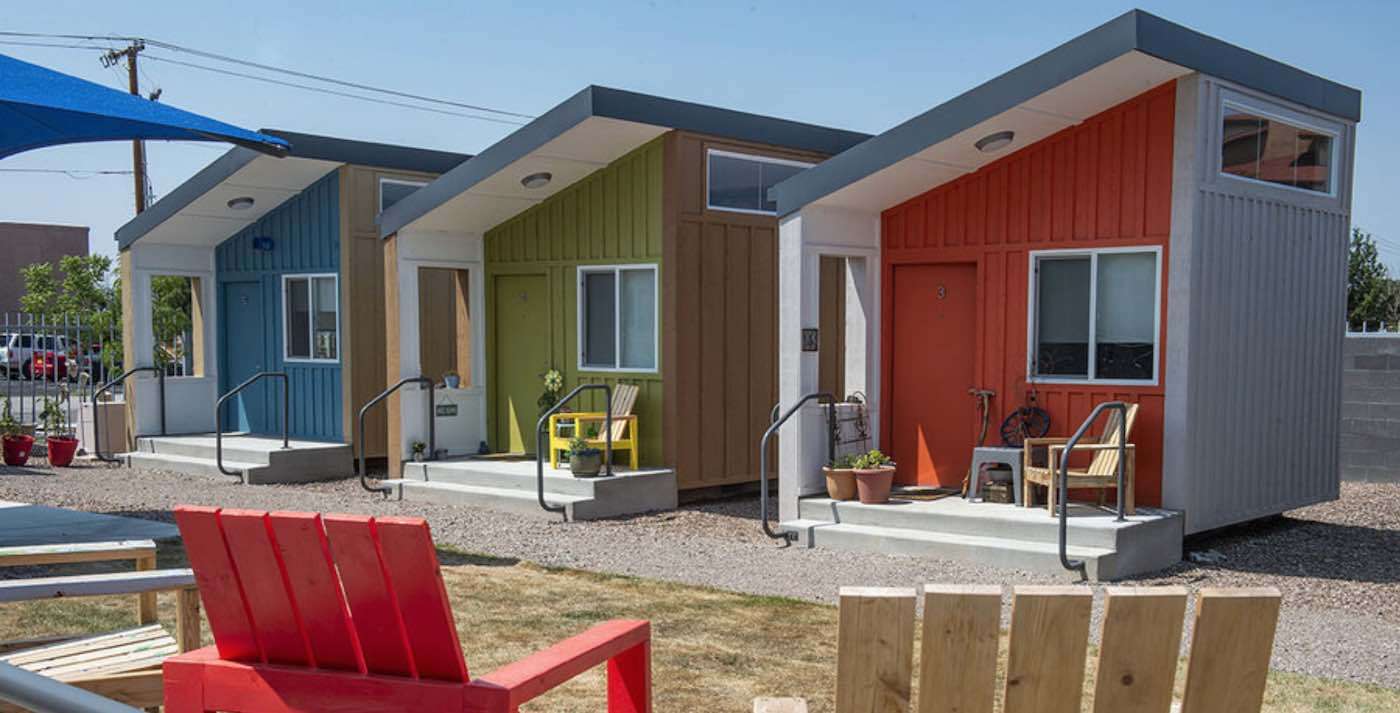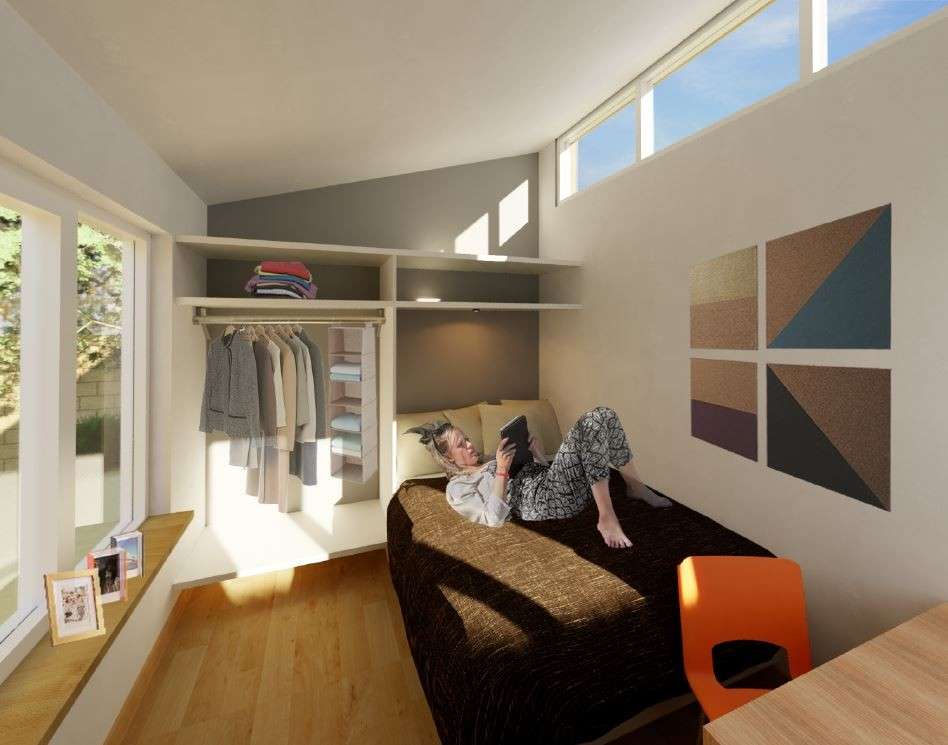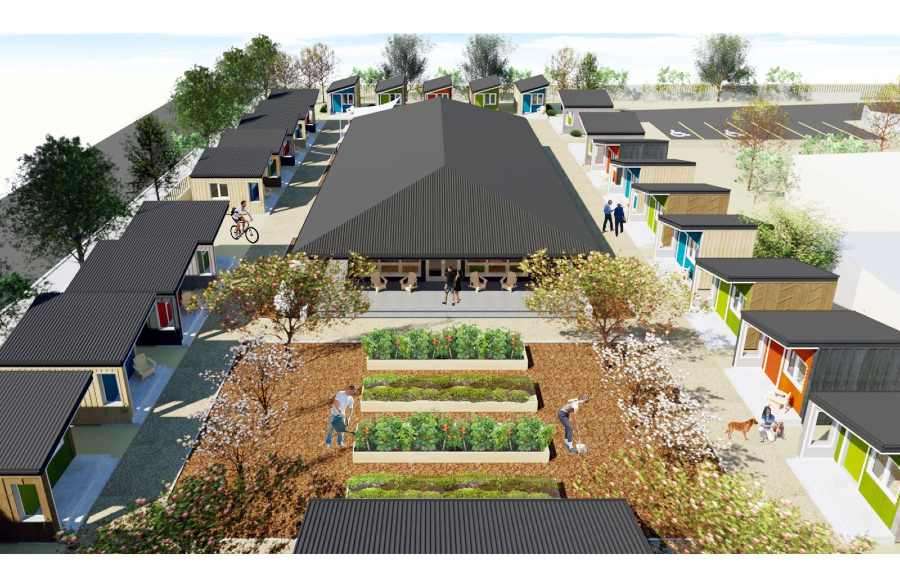PG&E Says It Will Bury 10,000 Miles of Power Lines to Reduce California Fire Risk
To help mitigate the risks of sparking wildfires, over the next several years PG&E will bury 10,000 miles of power lines in California.

In battling against the American homeless epidemic, it pays to think outside the box. The Tiny Home Village in Albuquerque isn't just a place for someone to sleep out of the weather, it's an occupational therapy project that helps the homeless reconnect with values and responsibility.
Set up to cultivate a strong community, the power of routine, and a sense of pride in oneself and surroundings, the Tiny Home Village (THV) hopes that its residents will be better prepared for when they finally get off the street.
The County of Bernalillo, New Mexico, secured a 30-year lease on a property owned by the Albuquerque Indian Center to build a walled and gated community of about 30 tiny houses that had doors which lock and climate control to give residents a strong enough sense of security and permanence that they could begin to really turn their life around.
Albuquerque looked at a similar project in Oregon—the Opportunity Village Eugene, which was established back in 2013, as a model for how to encourage self-governance among the villagers, allowing them to decide among themselves how the village is to be run day by day.

The two look very similar. Inside the compound there are 30 houses painted different colors, though all featuring the same layout: a desk, two chairs, bed, closet, and stoop.
At the center of the THV there is the "Village House" where residents can cook, do laundry, watch television, socialize, use the internet, and access a library.
"We're trying to give the villagers some tools that would stand them in really good stead once they do move out," Ilse Biel, the resource manager for the Albuquerque THV, told Christian Science Monitor.
Biel would add that already, the theory is working, and the community is taking ownership of daily chores as well as holding each other accountable.
"They're house-proud; really getting upset about seeing a counter not wiped, a cigarette butt somewhere."
The THV is a welcome replacement for the previous homeless enclave—Tent City, which sprang up near a railroad in downtown and which became so big that the people there began to chalk addresses of their tents on the street.

THV is not meant to be a place of refuge, and the doors aren't open to just anyone.
Perspective residents must sign up for a $30 a month utilities fee, as well test clean of any hard drugs. They must be sober for at least 10 days prior to the date of entry, and must be willing and able to participate in village life, which will require them to do chores like de-weeding in the communal vegetable garden, cleaning bathrooms, and more.
Perhaps for these reasons, THV is not yet full. But the managers are hopeful, believing such a community must be more than a just a roof over someone's head and instead somewhere a person can make friends, and gain the physical, spiritual, financial, and occupational strength to ensure that by the time they rejoin society they are there to stay.
BUILD Up the Good News in Those Feeds by Sharing This Story…
Be the first to comment